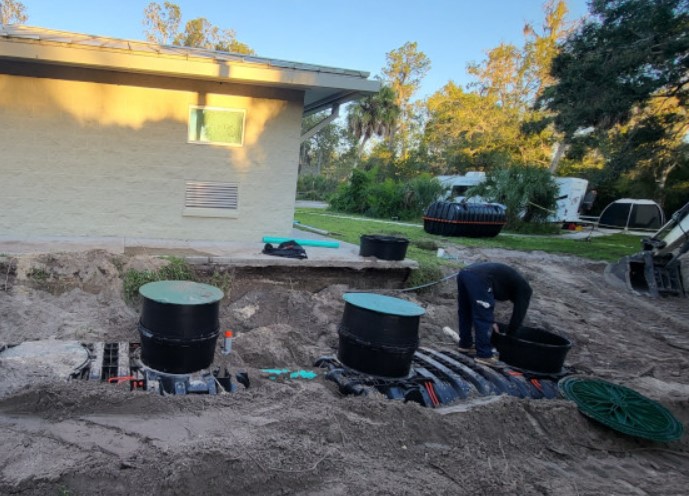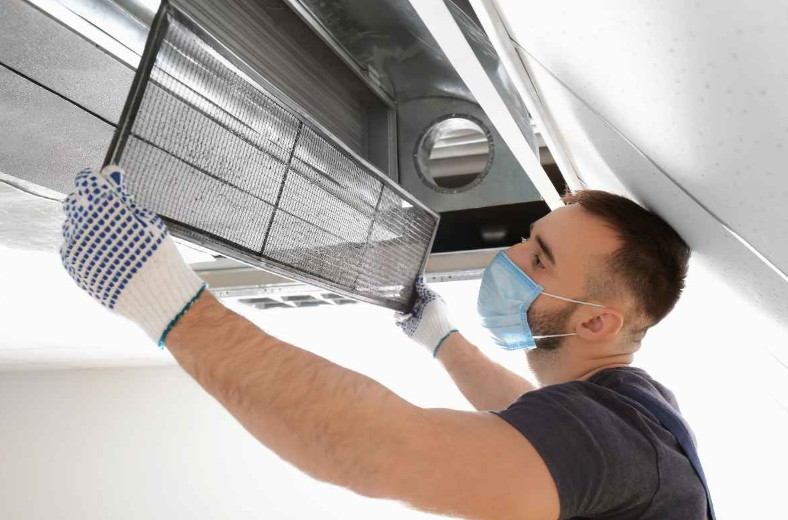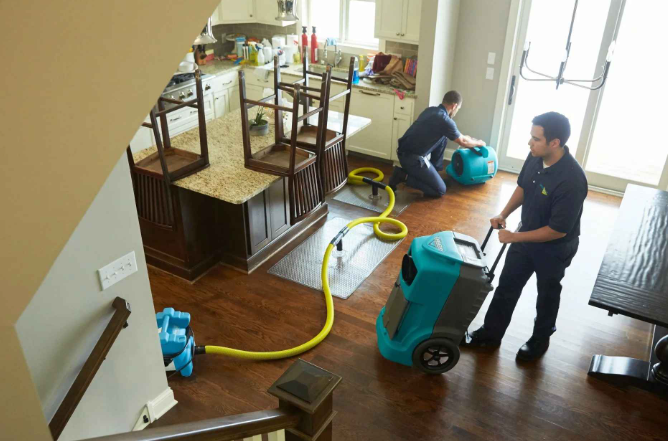
A reliable septic system is essential for homes not connected to municipal sewers. Septic system installation offers numerous advantages and requires proper maintenance to be effective. This post will discuss these advantages and advise you on operating your system at peak performance.
Benefits of a Septic System
Septic systems provide several benefits for homeowners. They are often more cost-effective than connected to a central sewer system. Additionally, they offer more control over wastewater treatment, ensuring the system is tailored to your needs. Septic systems decentralize wastewater management, and this might be especially helpful in isolated or rural areas without access to municipal sewage services. This independence from municipal systems can result in fewer disruptions and a more consistent overall experience, which Drain Field Installation can attest.
Environmental Impact
Septic systems naturally treat wastewater and recharge groundwater sources, reducing pollution in local water bodies. Properly maintained systems ensure cleaner water and protect ecosystems. The Environmental Protection Agency states that well-maintained septic systems mitigate pathogen spread and contaminants, making them environmentally friendly. By preserving clean water sources for future generations, septic systems contribute to a cleaner environment.
Cost Savings Over Time
While the initial installation cost of a septic system can be significant, the long-term savings are considerable. A well-maintained septic system can last decades, providing continuous service without monthly sewage fees. Additionally, septic systems eliminate the need for costly sewer line repairs and maintenance that often come with municipal sewage services. Over a 20-year period, homeowners can save thousands compared to the costs associated with municipal sewage services. This long-term financial benefit makes septic systems a wise investment for those looking to reduce their ongoing utility costs.
Essential Maintenance Tips
Maintaining the lifetime and effectiveness of your septic system requires routine maintenance. Here are some essential tips:
- Regular Pumping: Pump your septic tank every 3 to 5 years to prevent overflow and system failure. Regular pumping removes the built-up sludge and scum that can clog the system, ensuring that the treated water is adequately absorbed into the drain field.
- Mindful Flushing: Only flush biodegradable items. Avoid disposing of non-biodegradable materials like wipes, diapers, and sanitary products. Non-biodegradable items can lead to blockages and damage the septic system.
- Annual Inspections: Schedule yearly inspections to identify potential problems early and address them before they escalate. An annual system inspection guarantees that minor issues are found and resolved before they become more severe and necessitate costly repairs.
In addition to these tips, always be mindful of your water usage. Excessive water use can overwhelm the septic system, mainly if the drain field has limited capacity. Implementing water-saving fixtures and practices in your household can help maintain the balance of your septic system.





